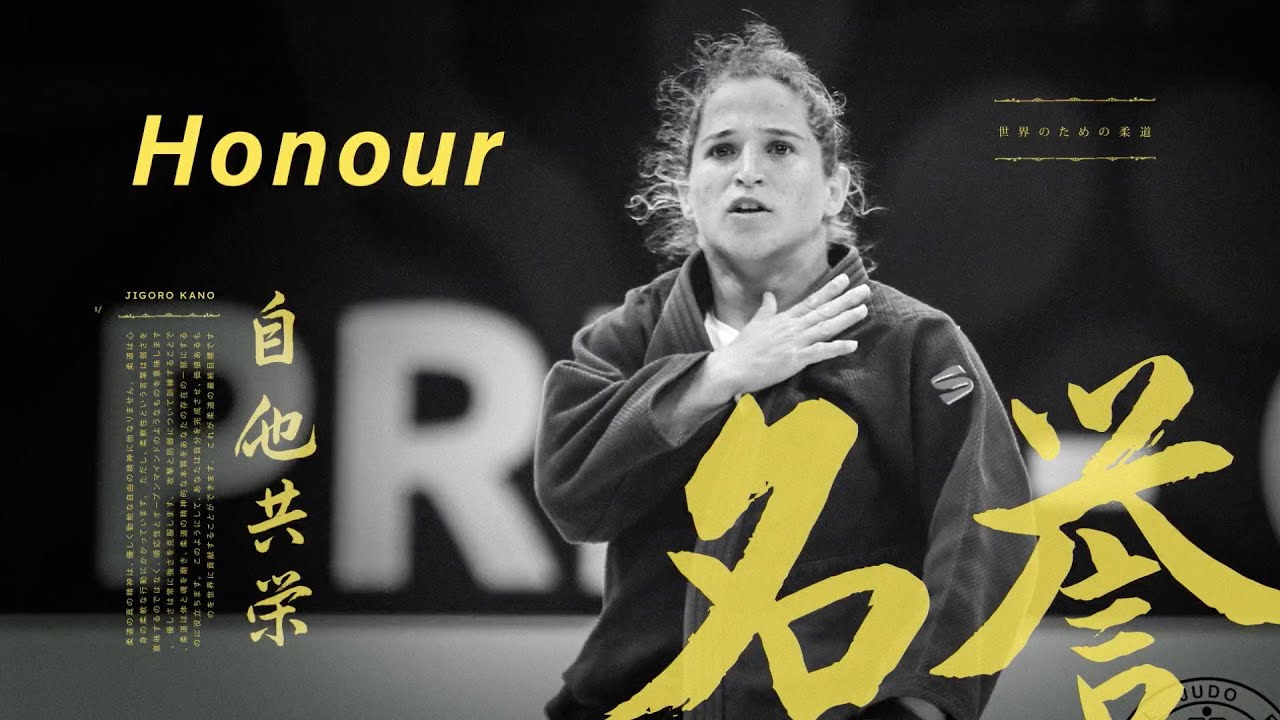The Art of Judo Episode 1
Summary
TLDRThe video script narrates the life and philosophy of Jigoro Kano, the founder of judo, born on October 28, 1860. It highlights his belief in judo as an educational tool for character development and physical strength. Kano began teaching judo at the age of 12 in a small dojo and later at a temple. The script emphasizes his vision of judo as a means for personal growth and social contribution, not just a sport. It also mentions the establishment of a school in 1927 based on his principles of mutual prosperity and respect. The legacy of Kano's philosophy is seen as a potential bridge to international peace.
Takeaways
- 🌟 Jigoro Kano, the founder of judo, was born on October 28, 1860. He was inspired to create judo due to his weak physical condition, aiming to integrate educational elements into the practice for personal development.
- 🏛️ Kano began his judo journey at the Tozai-ji temple in Shindai, where he established a dojo within the temple grounds, signifying the start of his judo teachings.
- 🌱 The practice of judo is seen as a means to express the spirit of the Japanese people, emphasizing not just physical strength but also mental fortitude and character building.
- 🌍 The town of Kodokan, where judo originated, is considered the birthplace of judo's global spread, with a focus on the correct dissemination of the sport to ensure its practice remains true to its roots.
- 👶 The sight of children actively participating in judo and flourishing is a source of joy, highlighting the importance of nurturing the next generation in the sport.
- 🧘♂️ Judo is designed to enhance one's spirit through the practice of attack and defense, aiming for self-improvement and fostering a sense of self-discipline.
- 👨🏫 Kano's approach to education was not merely theoretical; he emphasized the importance of practical application and the ability to convince others through actions, not just words.
- 🏫 In 1927, a school was established with the principles of judo as its foundation, promoting the philosophy of mutual prosperity and respect, which continues to be upheld today.
- 🏋️♀️ The speaker, who started judo at the age of five, credits the teachings of Kano for instilling confidence and the values of kindness, indicating the profound impact of judo on personal growth.
- 🕊️ Judo is perceived as more than a sport; it's a means to contribute to society, reflecting the legacy of Jigoro Kano and his vision for international peace and harmony.
- 🕊️ The legacy of Jigoro Kano, with his philosophy of 'Jita Kyoei' (mutual welfare and benefit), is considered a beacon for international peace and a significant contribution to global judo culture.
Q & A
Who is Kano Jigoro and what is his significance?
-Kano Jigoro is the founder of judo, which he developed as a physical, educational, and character-building activity. He was born on October 28, 1860, and is significant for his contributions to martial arts and education.
What is the role of judo in Japanese culture according to the script?
-Judo is seen as a reflection of the Japanese spirit and is used for self-improvement and spiritual development. It is also considered a means to educate and practice kindness towards others.
Where did Kano Jigoro start his judo practice?
-Kano Jigoro started his judo practice at a temple called Tōzan Fukushi Jōyōji in Shindō, a region in Japan, in 1882.
What is the significance of the place where Kano Jigoro began his judo practice?
-The place where Kano Jigoro started his judo practice is significant as it is considered the birthplace of judo and is now a symbol of judo's global spread and its educational legacy.
What is the philosophy behind the judo that Kano Jigoro taught?
-The philosophy behind Kano Jigoro's judo is encapsulated in the phrase 'seiryoku zen'yo, which means 'maximum efficiency', emphasizing mutual welfare and benefit.
When was the school founded that carries on Kano Jigoro's judo spirit?
-The school that carries on Kano Jigoro's judo spirit was founded in 1927.
What is the core principle of the school founded by Kano Jigoro?
-The core principle of the school is 'seiryoku zen'yo, which translates to 'maximum efficiency', and it emphasizes mutual prosperity and coexistence.
How does the script describe the impact of judo on the individual?
-The script describes judo as a means to build confidence and promote kindness. It is seen as more than a sport, but a way to contribute to society.
What was Kano Jigoro's profession besides being a judo master?
-Besides being a judo master, Kano Jigoro served as a government official, working in the Ministry of Education.
How did Kano Jigoro's teachings influence the interviewee's life?
-The interviewee started judo at the age of five and credits Kano Jigoro's teachings for building their confidence and inspiring them to be kind to others.
What is the legacy of Kano Jigoro according to the script?
-Kano Jigoro's legacy is seen in the international spread of judo and its principles, which are believed to contribute to global peace and harmony.
Outlines

This section is available to paid users only. Please upgrade to access this part.
Upgrade NowMindmap

This section is available to paid users only. Please upgrade to access this part.
Upgrade NowKeywords

This section is available to paid users only. Please upgrade to access this part.
Upgrade NowHighlights

This section is available to paid users only. Please upgrade to access this part.
Upgrade NowTranscripts

This section is available to paid users only. Please upgrade to access this part.
Upgrade NowBrowse More Related Video

Judo Values - Honour

Historia do Judô: Da Defesa Pessoal e Combate ao Bullying ao Esporte Olímpico, Inspirado no Ju-Jutsu

Module 3- lesson 1: Judo Rules, Ethics, and Safety

Bill Gates Quick Biography: Microsoft

TALAMBUHAY NI FRANCISCO BALAGTAS

Story of Saint Benedict | St. Benedict | Stories of Saints | English
5.0 / 5 (0 votes)